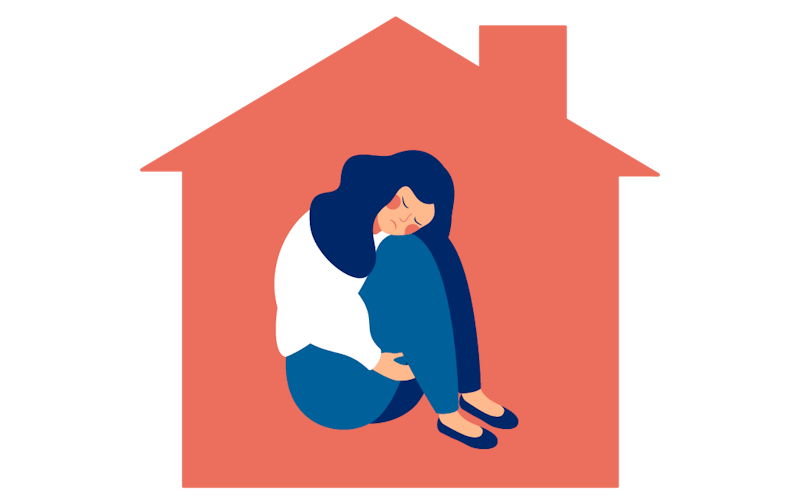Restraining order and eviction from home
To protect you from repeated harassment, threats, and violence, the police can evict the perpetrator from your home or prohibit them from approaching you.
Written agreement
First, the police usually make a written agreement with the perpetrator that they will stay away from you. This is done when:
- the perpetrator has not shown a prior history of violence or harassment and it is believed that they will obey instructions.
- the perpetrator has not previously had a restraining order or been evicted from a home.
If they break the agreement, it is important that you report it to the police so that they can respond and apply stricter measures. This is done when milder actions are not considered likely to protect your safety.
Eviction from home
An individual is evicted from the home and prohibited from returning there for a specific period. The maximum length of eviction is 4 weeks.
The social services in your municipality receive information about the eviction so that assistance can be provided if needed. If a child is in the home, child protection services are also notified of the eviction.
Restraining order
An individual is prohibited from entering certain areas, trying to contact you, and stalking you. The maximum length of a restraining order is 1 year, but it is often shorter.
Penalty for violating a restraining order or eviction
Violation of a restraining order can lead to a fine or imprisonment for up to one year. If the violations are repeated or serious, the maximum penalty can be two years of imprisonment, but the sentence is usually shorter and even suspended. For a prison sentence to be applied, the violations usually need to be repeated and provable.
Who can request a restraining order or eviction?
- You, your family, or close associates.
- Social services or child protection services.
- The police can also decide to apply these measures on their own initiative.
Who makes the decision?
The Chief of Police decides whether a restraining order or eviction will be applied. They make a decision within 24 hours for eviction and within three days for a restraining order.
- Restraining order. The perpetrator can request that the courts confirm the decision. They have 2 weeks to do so.
- Eviction. The Chief of Police needs to have the courts confirm the decision within 3 days.
Request denied
If the request is denied, you can appeal the decision to the Director of Public Prosecutions within one month from the time you were notified of it.



